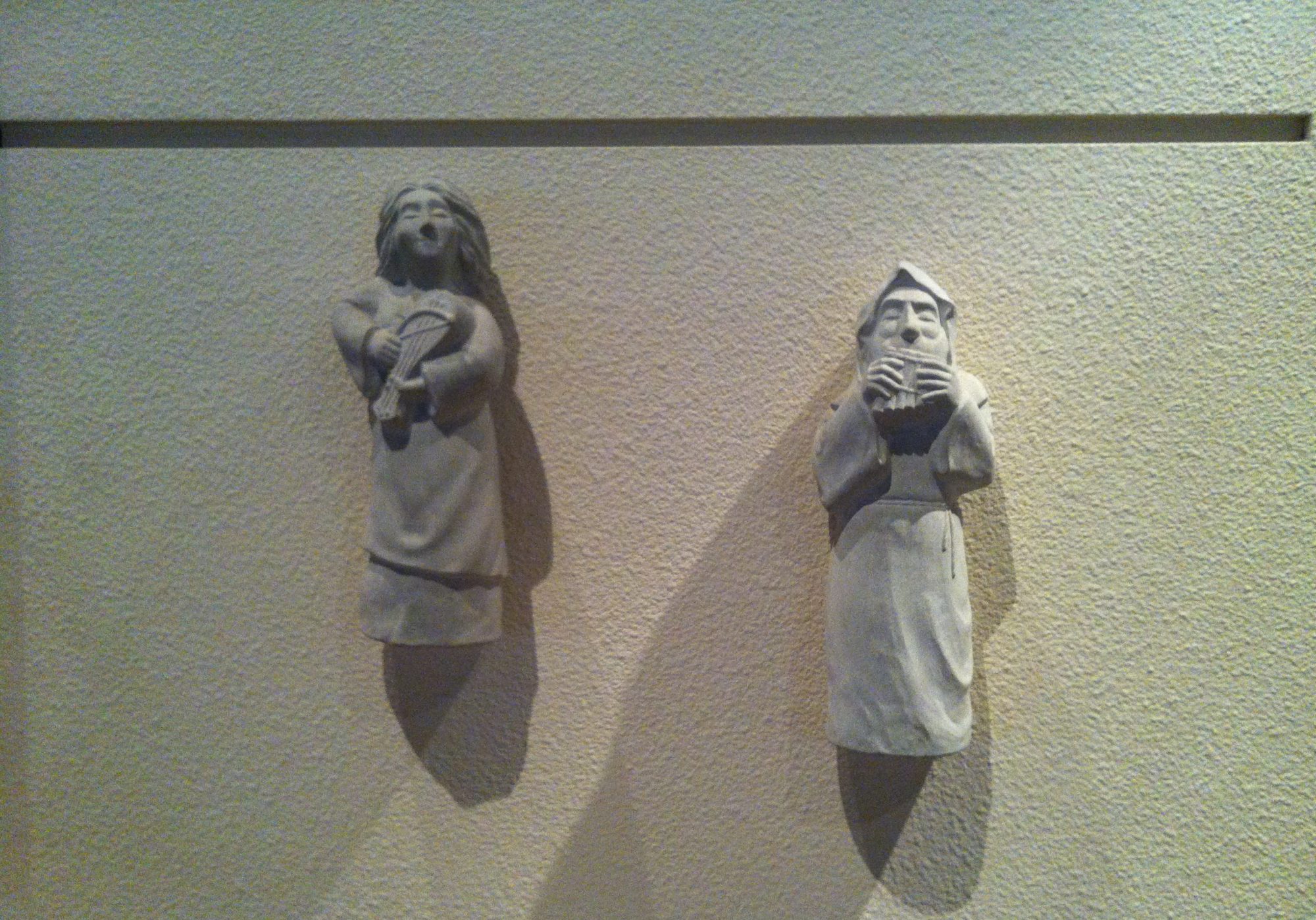
As this year’s holy week and Triduum celebrations commence, I’d like to repost an article I wrote for another blog in 2017, soon after the release of a film that is often named as the best of the new Star Wars films: Rogue One: A Star Wars Story (2016). Not only is this film in need of further attention here on Liturgy and Life, but the timing is good too: in the Great Paschal Triduum, Catholics celebrate the Paschal Mystery of Christ in a prolonged, three-day liturgy that begins on Holy Thursday, moves through the triumph of the cross on Good Friday and concludes at the Easter Vigil on Holy Saturday with the initiation of new members and a festive celebration of the Resurrection. A liturgist friend calls this three-day season (the shortest in the Church year) “Paschal-palooza,” and rightly so. During the Triduum, we Catholics perform the symbolically richest, most lavish rituals we have to glorify a God who saves us by sending his own son to show us what conformity to God’s will really means (spoiler alert: it’s death). Yet death does not have the last word, and we are sanctified by the saving power of Christ’s humility “to the point of death, even death on a Cross” (Phil. 2:8).
Rogue One always struck me as a film with a lot to teach us everyday people about the Paschal Mystery: the loving self-sacrifice that brings new life and new hope. In a 2023 “Actors on Actors” interview between Star Wars stars Hayden Christensen (Anakin Skywalker, Darth Vader) and Diego Luna (Cassian Andor), Luna reflects that what makes Rogue One (and its excellent, must-watch Disney+ spin-off Andor) special is there are no Jedi—the magic is absent from this corner of the galaxy far, far away. The ordinary people of these stories must rely on themselves—and only themselves—to solve galactic problems. They are, Luna said, “simple, regular people doing extraordinary things.” Christ’s ultimate actions are meant to inspire and guide us in the same way: he was one of us—our brother, our friend. Being more like Christ does not mean learning magic or developing superpowers. It means learning to listen to and follow the will of God. Any simple, ordinary person can do it, but one must have faith, hope and—above all—love. These three gifts are exemplified by characters in Rogue One.
Continue reading “Rogue One and the Paschal Mystery”


 “Brothers and sisters: In this instruction I do not praise the fact that your meetings are doing more harm than good.” (1 Cor. 11:17)
“Brothers and sisters: In this instruction I do not praise the fact that your meetings are doing more harm than good.” (1 Cor. 11:17)